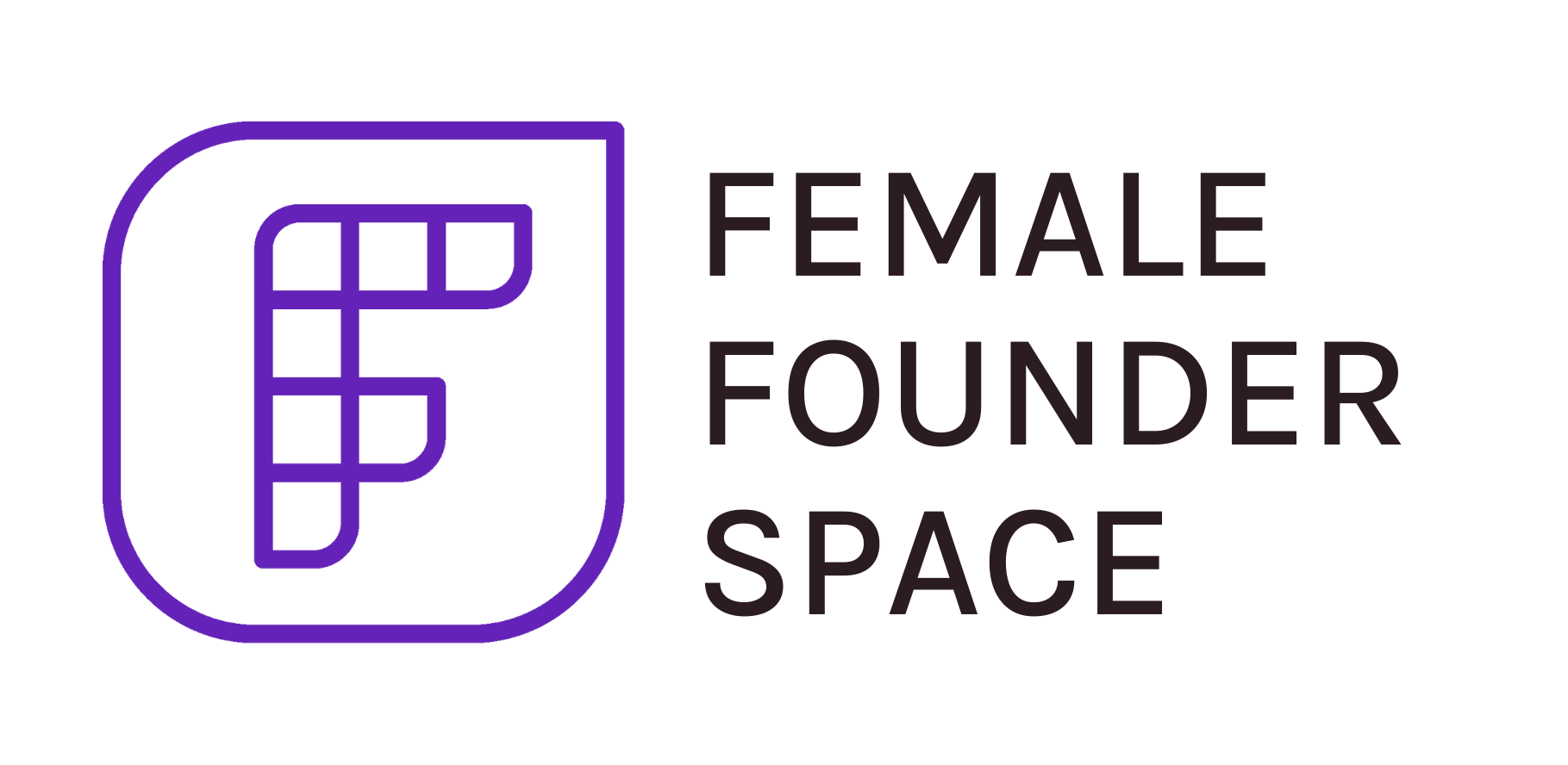Discover Different Types of Coaching
Transcript
What I offer in the first place is systemic coaching. This is the kind of coaching I don’t give any advice. Sometimes I do, but mainly I try to help my clients to change their perspectives, to open up. I hold space for my clients. And I tried to open up the space where you can develop another mindset, where you can see things from a different perspective. And this way opens up new ways of dealing with reality and new steps to a new reality. There is also expert coaching. And sometimes I do this. I’m a yoga teacher and a meditation teacher, and I have an expertise in those fields. And if a client wants to work actively on establishing new habits on balancing his mental health. I am the expert to give him or her advice, how to do this. These are two things: the expert coaching and the systemic coaching, which I both use but my focus is on systemic coaching. So my main way of coaching people is online, one to one so far, because I started in May only, I want to gain more experience in one to one coaching. But I can see clearly now that many clients have similar problems or similar challenges to overcome. And for the future, I want to offer group coaching. I think that’s very efficient to use the wisdom of a small group. Online coaching is for some people a little bit strange. They say, no, I need to see someone face to face, but as soon as they try, it’s okay for them. For me, it’s even sometimes better than meeting the client in person because it keeps a little bit of a professional distance, I am not your friend, I’m not your colleague, I’m your coach. And online coaching keeps a little bit of a distance. On the other hand, you can become really intimate with someone. I noticed that people more and more trust in this way of one to one encounter.
